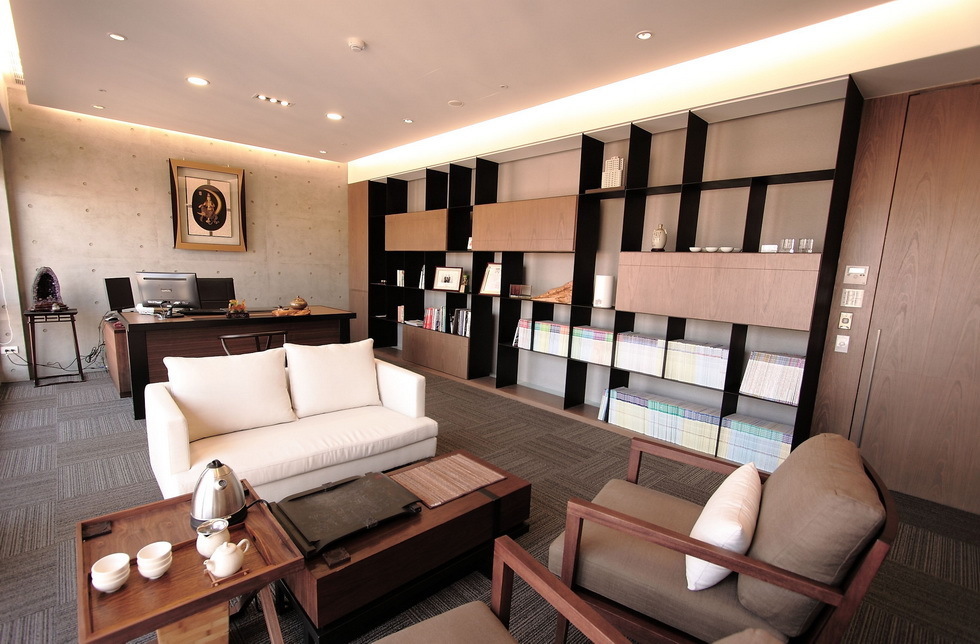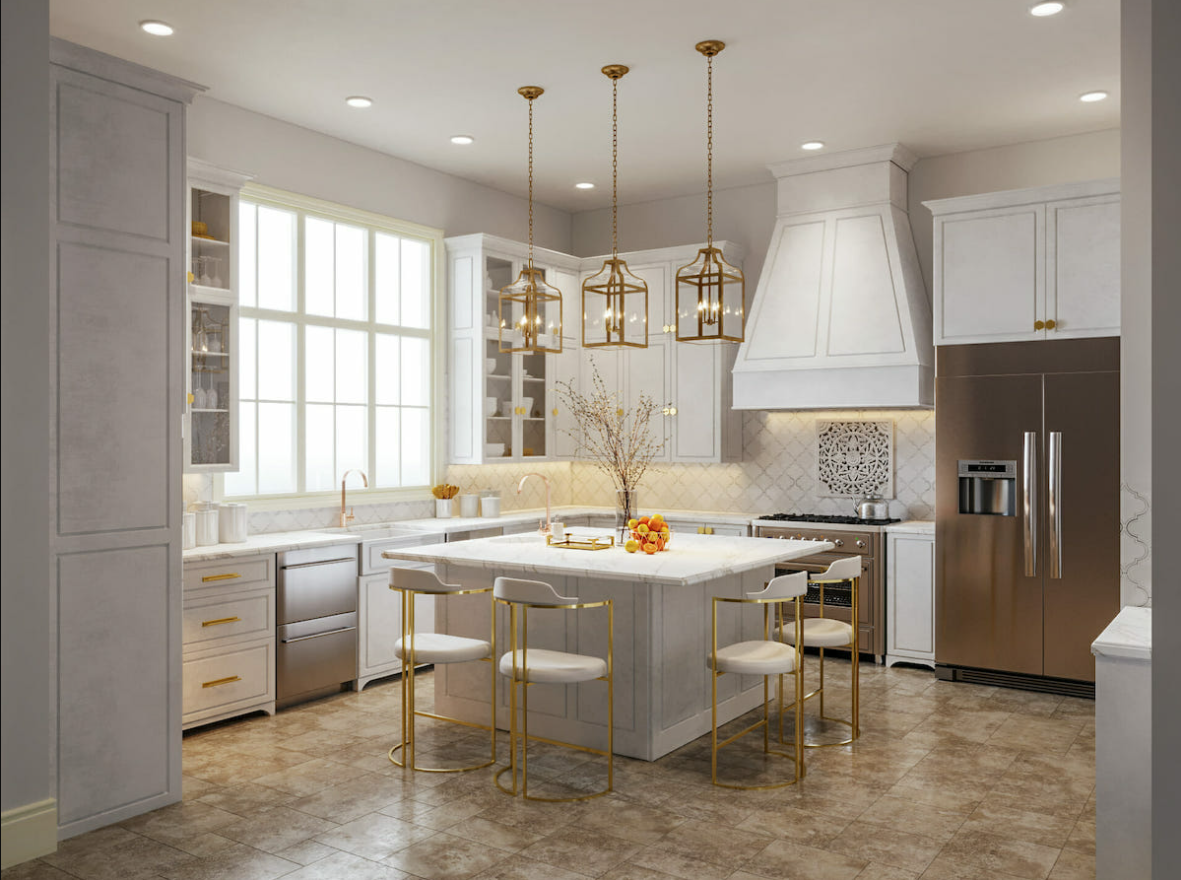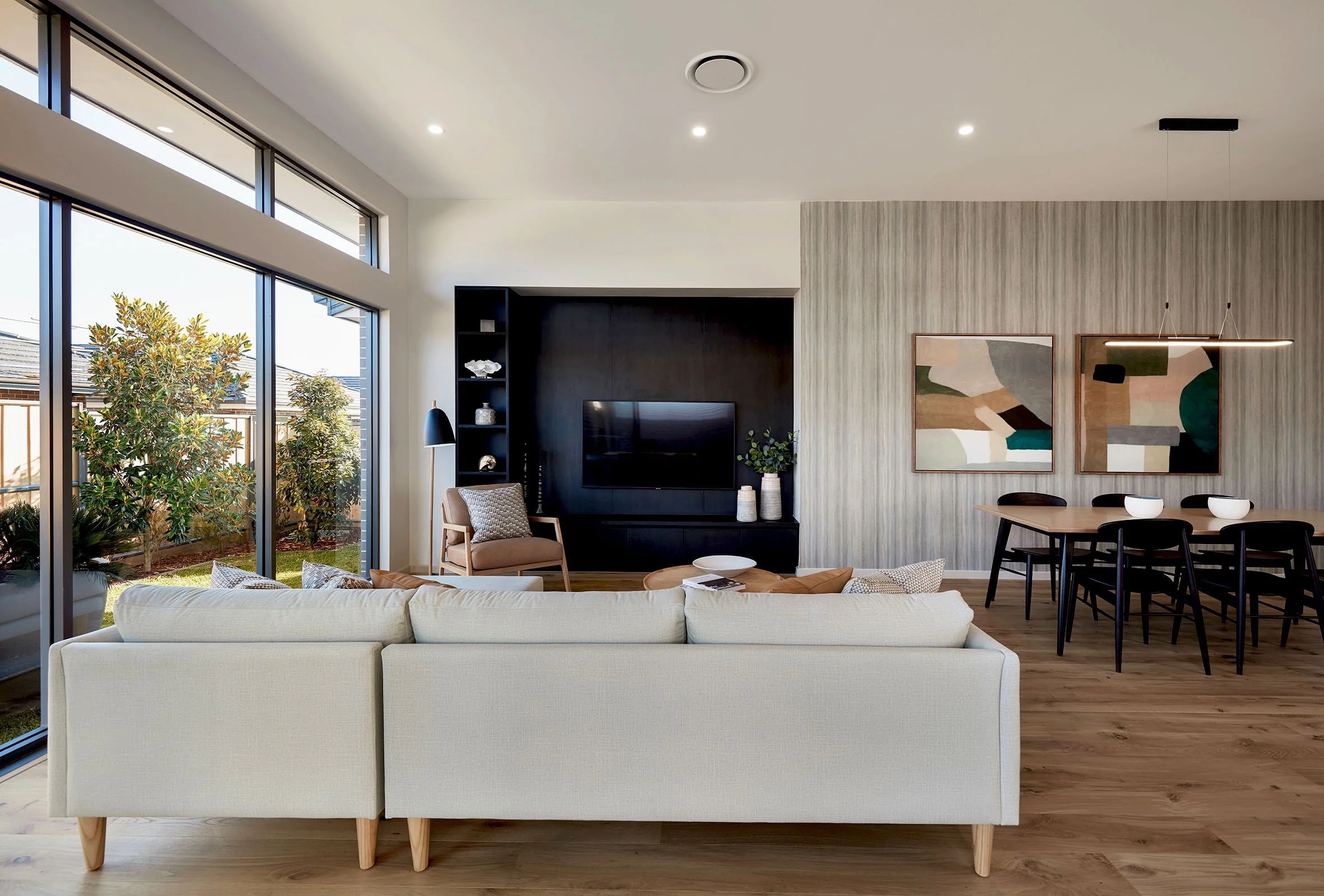What is Human-Centric Lighting (HCL)?
Human-Centric Lighting (HCL) refers to lighting systems designed around human needs, prioritizing health and well-being. Unlike traditional lighting, HCL is optimized to align with our biological rhythms, particularly the circadian rhythm, which governs our sleep-wake cycle, mood, and productivity. HCL systems dynamically adjust light color, intensity, and temperature to emulate natural light, offering numerous benefits for mental, physical, and emotional health.
The Science Behind Human-Centric Lighting
The concept of HCL leverages the biological effects of light on humans. Light is one of the most influential factors regulating our circadian rhythm—the natural internal process that controls sleep, alertness, and hormone regulation. By simulating the changing color temperature and intensity of natural daylight throughout the day, HCL helps maintain the body’s circadian alignment, which is crucial for optimal health.
For example, high-intensity, cool light in the morning supports alertness and focus, while warmer, lower-intensity light in the evening promotes relaxation and prepares the body for restful sleep.

Primary Applications of Human-Centric Lighting
HCL technology has broad applications across various sectors:
-
Educational Settings: In schools, HCL has been shown to improve focus, attention, and information retention, creating an optimal environment for learning.
-
Office and Commercial Spaces: In corporate environments, HCL reduces eye strain, decreases stress, and enhances employee well-being, leading to greater productivity.
-
Healthcare and Rehabilitation Centers: HCL is beneficial in medical facilities, where it helps regulate patients’ biological rhythms, improving sleep quality and supporting recovery.
-
Residential Spaces: In homes, HCL can be customized to match daily routines, fostering a calming and energizing atmosphere based on individual needs.
Advantages of Human-Centric Lighting
HCL offers a range of benefits for users:
-
Enhanced Health and Mood: Exposure to optimized lighting can reduce stress and anxiety, promoting better mental health.
-
Boosted Efficiency: In workplaces and schools, HCL improves focus and cognitive performance, resulting in higher productivity and learning outcomes.
-
Better Sleep Quality: By mimicking natural light patterns, HCL helps regulate melatonin production, enabling improved sleep cycles and overall restfulness.
How HCL Enhances Workplace Productivity
In professional settings, HCL plays a vital role in enhancing employee productivity. Dynamic lighting that matches the work schedule can improve focus and overall satisfaction among employees. Additionally, HCL’s positive impact on reducing eye strain, fatigue, and stress means workers can maintain high performance over longer hours, contributing to a more productive and comfortable work environment.

Challenges in Implementing HCL and Solutions
Though HCL has numerous benefits, implementation presents a few challenges:
-
Technical Complexity: HCL systems require advanced LED technology and precise control to mimic natural light accurately. Solution: Continuous R&D has led to innovations in smart LED systems, making HCL increasingly accessible and effective.
-
Cost Considerations: Initially, the cost of setting up HCL systems may be high. Solution: Long-term energy savings, coupled with health benefits, offer significant ROI, making it a worthwhile investment for many businesses and institutions.
Future Trends in Human-Centric Lighting
HCL’s future lies in smart control and personalization. With advancements in IoT, lighting systems are becoming smarter and more adaptable. Future HCL systems may integrate with wearables or smartphone data, adjusting lighting conditions based on real-time activity and health metrics to provide personalized lighting experiences. AI-driven optimizations will further enhance HCL’s impact, making lighting customization seamless and highly adaptive.
Choosing the Right Human-Centric Lighting System: A Guide
When selecting an HCL system, it’s crucial to match configurations to specific needs. For example, offices may require cool lighting for enhanced productivity, while homes might benefit from flexible color temperatures for different times of day. Consider key technical specifications such as color temperature range, luminous intensity, and dimming capabilities, as well as brand reliability and product support.
Case Studies on Successful HCL Implementations
Case Study 1: HCL in Schools - Research indicates that HCL systems in schools have improved students’ focus, attentiveness, and overall learning outcomes, providing a more supportive environment for academic performance.
Case Study 2: HCL in Healthcare Facilities - Hospitals implementing HCL have seen positive effects on patient recovery times and mood stabilization, highlighting its therapeutic potential in healthcare.

Frequently Asked Questions (FAQs)
-
What is Human-Centric Lighting?
- Human-Centric Lighting (HCL) is an advanced lighting system designed to enhance health and well-being by aligning artificial lighting with natural circadian rhythms.
-
How is HCL different from regular lighting?
- Unlike standard lighting, HCL changes dynamically to mimic the natural cycle of daylight, positively impacting our mood, alertness, and biological processes.
-
How does HCL benefit health?
- HCL can reduce stress, improve mood, support sleep quality, and help maintain healthy biological rhythms, contributing to overall well-being.
-
How can I select a suitable HCL system for my home?
- Choose an HCL system with adjustable color temperatures and smart controls that can automatically adapt lighting based on the time of day and personal routines.
-
Is it expensive to implement HCL?
- While initial costs may be high, HCL offers substantial long-term savings through energy efficiency and improved quality of life, especially in settings like offices and hospitals.


























